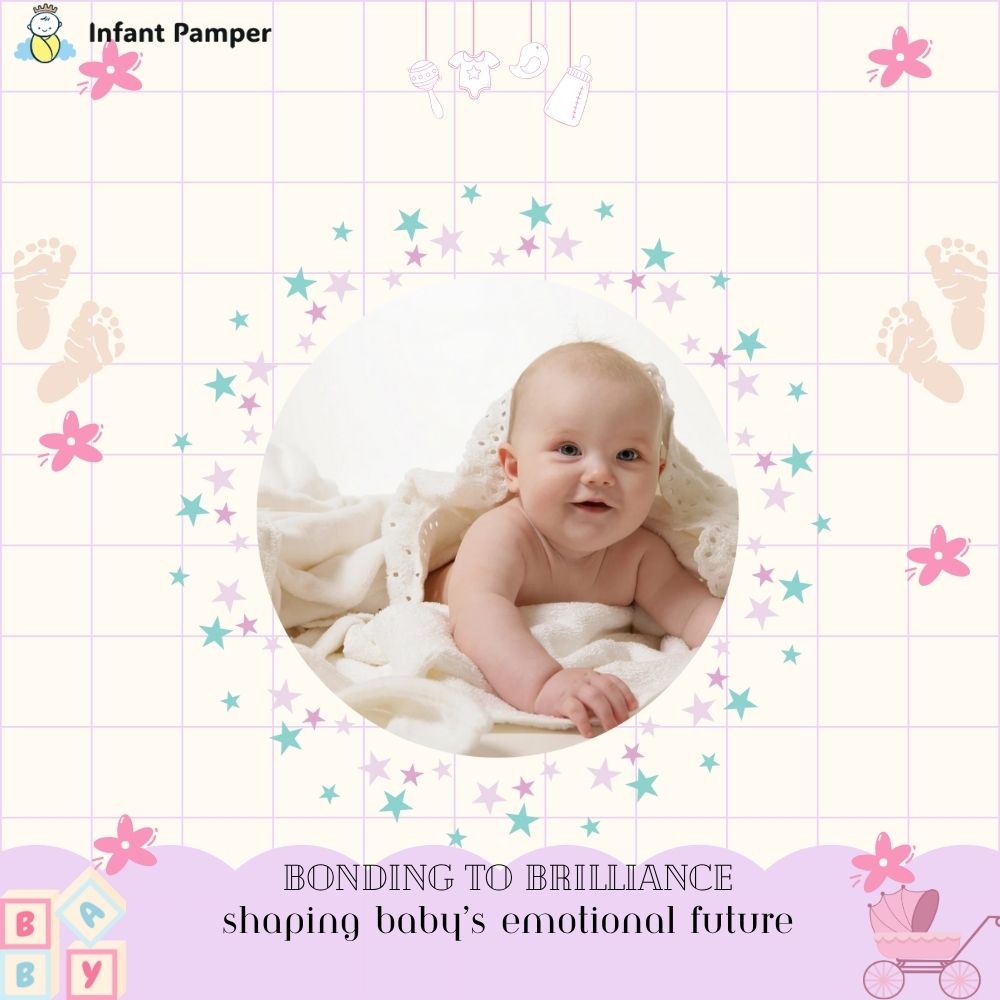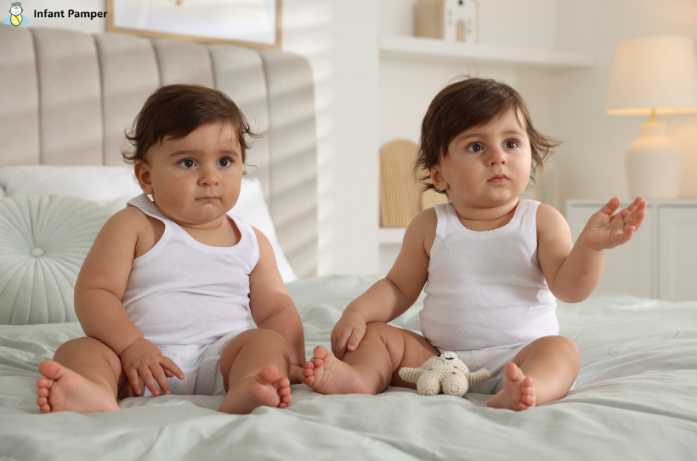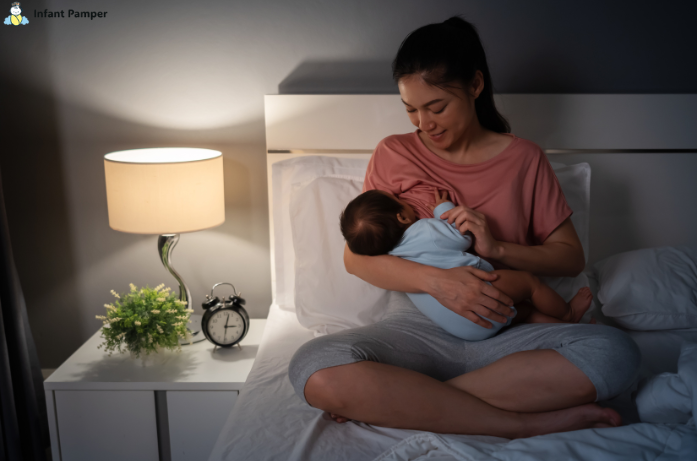Evaer look into your little one’s eyes and feel a rush of love, knowing every cuddle, every coo, is shaping their future? That’s not just mama’s heart speaking—it’s science too.
Why early bonding isn’t just cute—it’s critical
From the moment your baby is born, their brain is a busy builder. When you respond with gentle touches, eye contact, soft voices, you’re creating the emotional blueprint they’ll follow for years.
University of Iowa research shows that infants securely attached to at least one parent have fewer emotional or behavior problems later in childhood compared to those without secure attachments :contentReference[oaicite:1]{index=1}.
Secure attachments formed during the first 15 months predict better emotion regulation at about 3 years old—kids show less fear and anger, and more positive emotional responses
How bonding builds baby brains
Babies are born wired to connect. Harvard’s “serve and return” concept explains this beautifully: when baby coos, reaches, or cries and you respond—smiles, words, gentle touch—you actively build neural circuits for language, empathy, and self‑control :content Reference.
Five practical steps from the Center on the Developing Child show how simple back‑and‑forth interactions can shape lifelong brain architecture: name what baby is doing, wait for their response, elaborate, take turns, and follow their lead :content Reference
Signs your baby is bonding—and thriving
- Seeks you out when distressed and calms easily in your arms
- Smiles, coos, and giggles during cozy interactions
- Explores their world but checks back for reassurance
These are sweet, everyday signs that your baby feels secure with you. Keep it up!
Daily habits that strengthen the brain‑heart connection
- Respond, don’t rush. Quickly attending to crying teaches reliability and trust.
- Talk, read, sing. Your voice connects them emotionally and linguistically.
- Skin‑to‑skin is magic. Cuddles and warmth release oxytocin—the bonding hormone.
- Mirror emotions. Reflect joy or concern: “You seem excited!” or “You’re upset now.”
- Bedtime rituals. A soothing routine—bath, book, snuggle—builds safety and calm.
Watch for warning signs—and trust your instincts
Bonding isn’t always immediate—some days feel harder than others. If you feel disconnected or overwhelmed, especially if dealing with stress, depression, or exhaustion, it’s okay to seek help.
Turn to trusted sources like Harvard Center and Zero to Three for support. And don’t hesitate to talk with a pediatrician, mental health professional, or join a support group.
Disclaimer
This article is for informational purposes and isn’t a substitute for medical or psychological advice. If you’re concerned about your baby’s emotional development or your own mental health, please consult a healthcare provider.
Gentle reminders for the journey ahead
Being a parent means navigating highs and lows. But every cuddle, gaze, and soft word strengthens your baby’s emotional foundation. You’re not just loving them—you’re building resilience.
From all of us at Infant Pamper, we’re rooting for you and your baby’s emotional well-being every step of the way.




